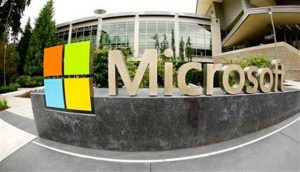1 min read
Here’s when Microsoft’s next big Windows update will come

December 25, 2024
Copyright 2023, IT Voice Media Pvt. Ltd.
All Rights Reserved

 Microsoft has announced that a major update to its Windows operating system will be released globally on October 17.
Microsoft has announced that a major update to its Windows operating system will be released globally on October 17.